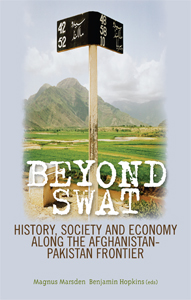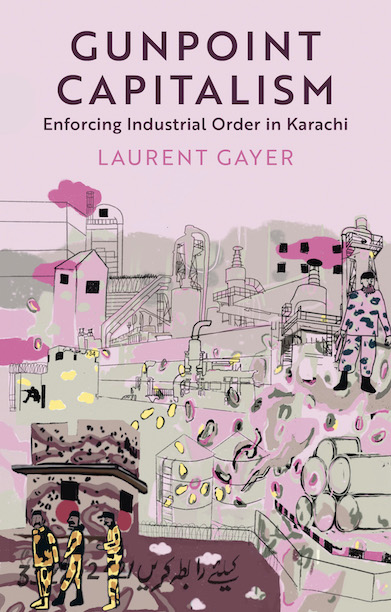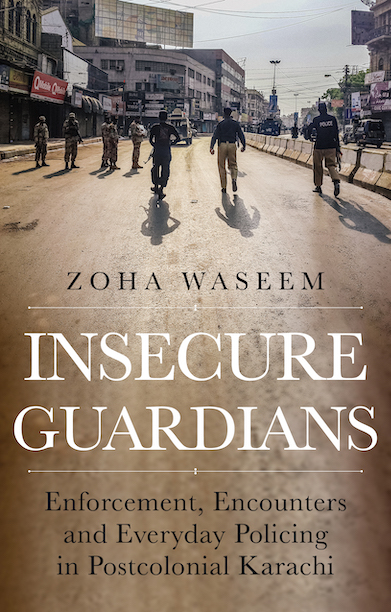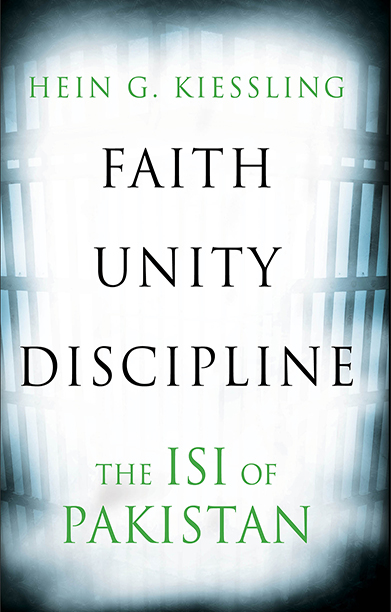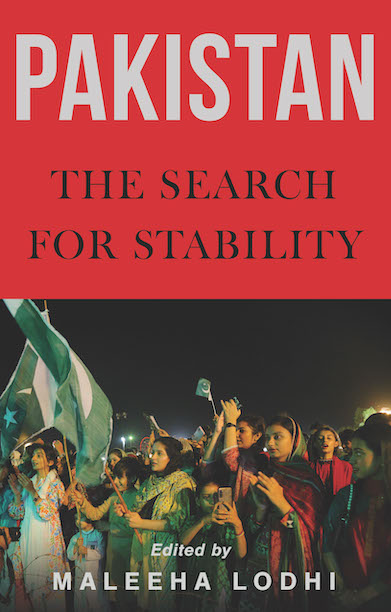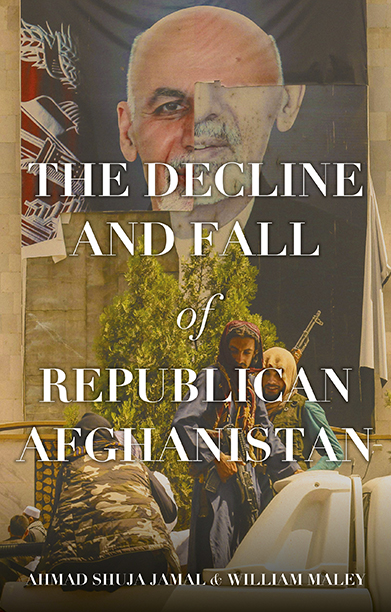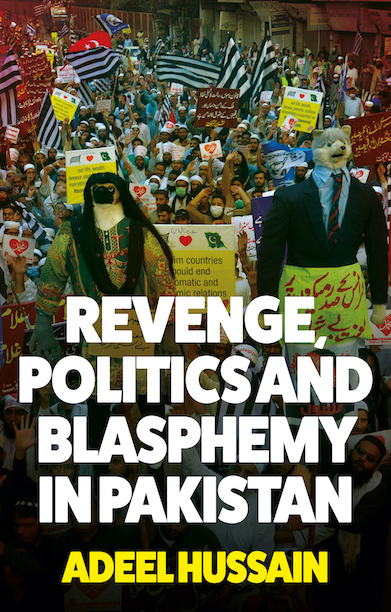Description
Written by anthropologists and historians with long-standing research experience in Afghanistan and Pakistan, as well as expertise in one or more of the region’s languages, each chapter explores varying yet interconnected dimensions of the region’s culture, society and politics over a broad span of history and their relevance to wider debates about the dynamics shaping this and other comparable ‘frontier’ spaces. The parallels the authors make cross temporal, as well as spatial boundaries and, in doing so, open up theoretically innovative lines of scholarly enquiry about the Afghanistan-Pakistan Frontier, the nature of Islamic militancy, its connections to ethnicity, class and transformations in the nature of state power, and, more generally, the relationship between anthropology and history.
Reviews
‘This is an impressive volume, important for its focus on the dangerous, and all too pervasive, tendency of journalists and academics to sideline class and politics in favour of cultural stereotypes. Instead, these deeply informed articles by expert historians and anthropologists confirm over and over the importance of taking into account, as the editors put it, “the common human modes of behaving” that are characteristic of the Afghanistan-Pakistan region, both historically and in the present.’ — Barbara D. Metcalf, author of Husain Ahmad Madani: Islam and the Jihad for India’s Freedom and editor of Islam in South Asia in Practice
‘Easily readable and enjoyable, this book offers fresh and theoretically rich perspectives on a number of concerns that go well beyond Swat. … Exemplary.’ — Marta Bolognani, School of Sociology, Politics and International Studies, University of Bristol.
‘This is a most comprehensive study of the world’s most notable flashpoint — Afghanistan and its neighbouring region. Using the 1959 seminal study by Fredrik Barth as a counterpoint, this collection of essays brings classical anthropological and historical portrayals into conversation with fresh research conducted in today’s world. Rich in detail, this volume is a nuanced and genuinely insightful study into the most salient themes of this region: the relationship of the Taliban and Islam; the problematic notion of ‘tribe’; relations between class, patronage and the State; the importance of trade in creating new moral and cultural worlds; and the continuity and change that this part of the world has witnessed over the past 200 years. … If you want genuine understanding and erudition about Pashtuns and Afghanistan, this book is for you.’ — Mukulika Banerjee, London School of Economics and Political Science
‘Beyond Swat is a must-read. Its contributors offer original insight into the region’s changing relations to economy, faith, language, and the contested meanings of loyalty and belonging. This volume shatters received wisdom and joins the specifics of the regional history and ethnography of the Afghanistan-Pakistan frontier to the main currents of social thought.’ — Dale F. Eickelman, author of The Middle East and Central Asia: An Anthropological Approach
Editor(s)
Magnus Marsden is Professor of Social Anthropology at the University of Sussex and Director of the University of Sussex Asia Centre. He has spent fifteen years conducting research in both Afghanistan and Pakistan and, with Benjamin Hopkins, is the author of Fragments of the Afghan Frontier and editor of Beyond Swat: History, Society and Economy Along the Afghanistan-Pakistan Frontier. His most recent book, Trading Worlds: Afghan Merchants Across Modern Frontiers, was published by Hurst in March 2016.
Benjamin D. Hopkins is an Assistant Professor in History and International Affairs at the George Washington University, Washington DC and a Research Fellow at Corpus Christi College, Cambridge.
